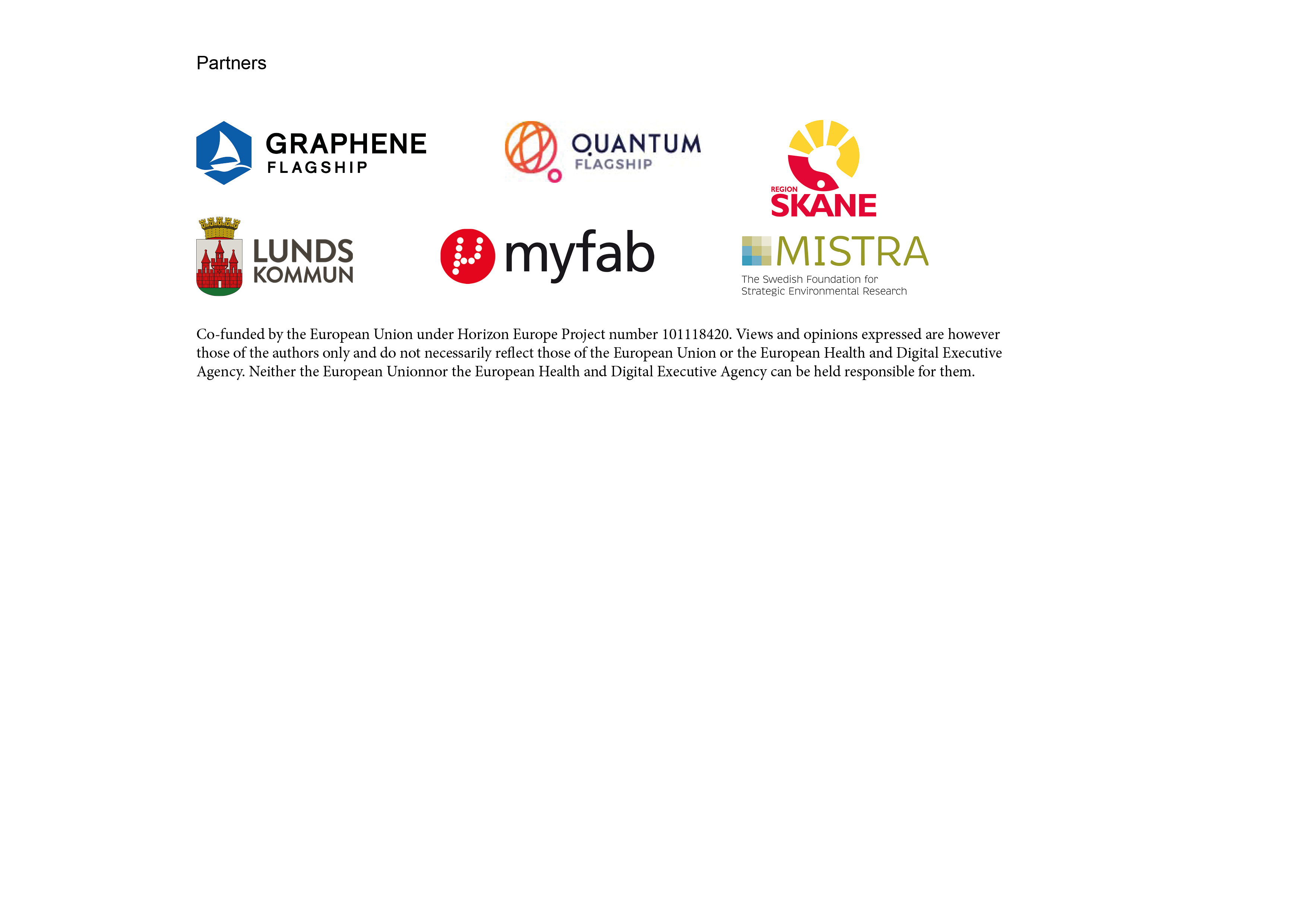Javascript is disabled
Javascript seems to be disabled. This will break some core site features. Please enable javascript or revisit this site from another device.
Advanced materials and manufacturing for a sustainable and resilient Europe
Part 1: Advanced materials characterisation: Digitalisation and Materials Innovation Markets on the spot
Digitalisation opens opportunities for European SMEs in niche high-tech markets and for strengthening the competitiveness of large global players in Europe. The Advanced Materials 2030 Initiative (AMI2030) has identified the key role of advanced materials in the green and digital transition and highlighted the need to combine materials and digital competences in materials industries as key challenge of the European materials industry. As a complement and support to this initiative, the European Materials Characterisation Council (EMCC) aims at addressing these challenges by bringing together key players in European industry and policymakers. The proposed EMCC session, endorsed by the European Commission, will showcase the strategic role of characterisation in the broader framework of AMI2030 in driving innovation and promoting the best use of materials in industry and society, with a particular attention to digitalisation.
The underpinning priority actions are responding to the needs of specific Communities:
The high interdisciplinarity (at each point of the value chain as well as along the value chain) is emphasized. European initiatives are working to address fragmentation and coordinate the integration of communities and capabilities in materials/characterisation & modelling / digitalization / manufacturing, which are highly important for reaching and concluding on the priority actions in the field of characterisation, with impactful outcomes across multiple domains and Strategic Innovation Markets of AMI2030. EMMC and EMCC have broad channels with stakeholder communities, and those communities will be invited to the first part of EMCC session to introduce their Roadmaps in i.e., semiconductors, material modelling, etc. and other members will be invited to join as audience in the second part of the session and discuss all together the roadmapping priorities and exchange views on hot topics.
The underpinning actions require to support characterization needs/challenges in industry in connection to technological advances, digitised characterisation, characterisation and modelling/AI interplay, as well as Policy related, such as the role of advanced characterisation in the context of megatrends (green/blue growth, etc.). Topics that need further explanation of the expected outcomes and support by priority actions, will be included in the roadmapping discussion in the roundtable with experts. The outcomes will focus on addressing the priorities of Strategic Materials Innovation Markets and how characterisation’s digitalization and characterisation contribution to informatics for the centralisation of knowledge can help EU Industry to go to the next level with specific priority actions.
.png)
Part 2: Advanced materials and manufacturing
Materials science and engineering are the cornerstones of complex and high-performing products, processes, and technologies enabling the excellent healthcare, communication, infrastructure, and digitalization of our society. However, the utilized components, made from advanced materials, often require significant energy for manufacturing, are derived from non-recyclable origins and can use elements mined from unsecure or unsustainable sources. In a time of crisis, such as now in and around Europe, it also becomes clear how the present materials and manufacturing industry is not resilient to a sufficient degree.
The most pressing question in the session will be the needed technological developments of advanced materials and manufacturing to enable substantial increase in both materials and energy efficiency as well as introducing new green energy sources and for more sustainable products. For advanced materials to play a key role in the green and digital transition there is also a clear need to combine materials and digital competences in materials industries as key challenge of the European materials industry. While the need is made clear by the present geopolitical crisis, it will be in focus for long-term sustainability and resilience of our production and products to save our environment.
Expected impact
The session will focus on Visions for Materials and Manufacturing for a sustainable and resilient Europe. It will display concrete examples of opportunities and challenges from the industry and generalize to the overall picture on how European actors should come together in this area.
Discussions to be stimulated:
• Opportunities and challenges for achieving prosperity and sustainability and how will this impact individual citizens and the workforce in industry.
• Rapidly developing advances in fundamentally new manufacturing methods and digitalization for Advanced Materials and Manufacturing, including industry 4.0/5.0.
• How initiatives such as AMI2030 should play a role in the European landscape.
• Policies and regulations that are impacting this development.
Engage relevant stakeholders that work with questions related to the materials and manufacturing industries in Europe that has a large volume and impact on sustainability.
Inform of important technological/policy developments and ideas in the area as well as European initiatives




